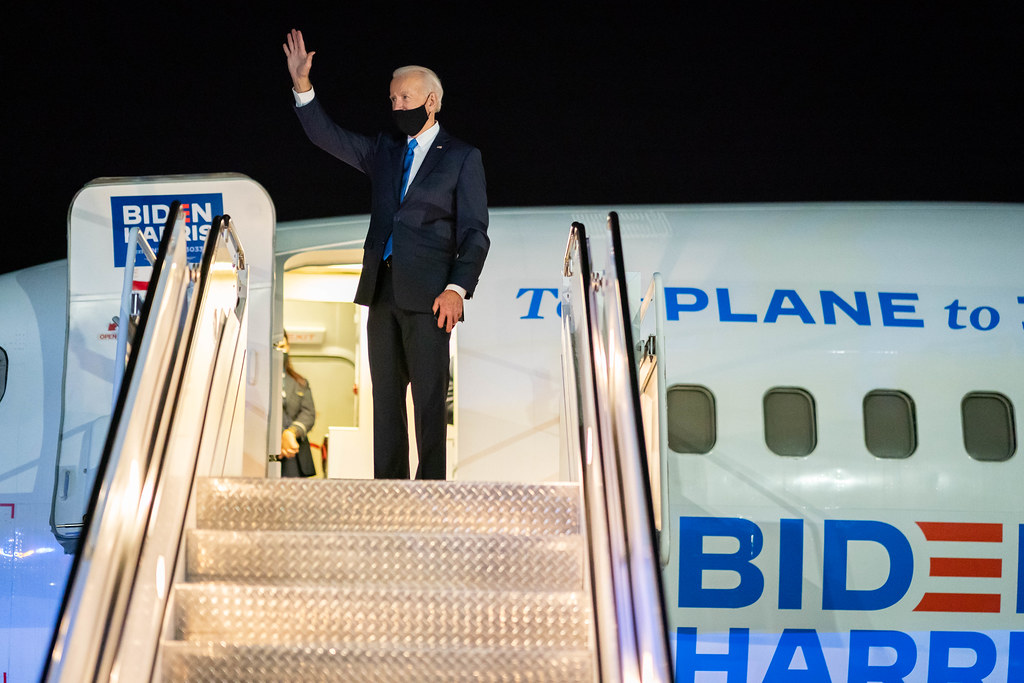WASHINGTON (Transatlantic Today ) – At a series of emergency conferences in Europe this week, President Joe Biden and other world leaders seek to agree and reveal a package of fresh measures to punish Russia, assist Ukraine, and display Western solidarity.
However, few experts believe that anything the leaders may agree on will be adequate to stop the slaughter in Ukraine or deter Vladimir Putin from continuing the attacks, which are increasingly harming civilians.
Since the notion of a NATO leaders summit was initially raised around two weeks ago, European and American officials have been debating what announcements may be made at the end of the summit, believe numerous people who are familiar with the plans.
This might include further rounds of sanctions against Russian oligarchs, new financial restrictions, and new restrictions on the import of Russian energy supplies. There are also discussions about what measures can be announced to provide greater support for Ukraine, such as new military shipments or financial aid to boost the country’s defenses.
In addition, Biden has left open the possibility of increasing US troop deployments to NATO nations along the alliance’s eastern border, reaffirming the United States’ commitment to European defense at a vital time.
However, Biden’s journey to Brussels for a special meeting of the North Atlantic Treaty Organization, as well as a special session of the European Council and a meeting of the G7, will be overshadowed by the sobering fact that such actions are unlikely to stop Putin’s war. Officials have speculated that Biden may make another swing in Eastern Europe, possibly Poland. On Wednesday, he will leave Washington for high-level diplomatic maneuvering.
While Biden has succeeded in uniting European and Asian allies behind a harsh set of sanctions and unprecedented quantities of military aid, he and his NATO counterparts have established a line where their support will end. While all parties appear to seek a diplomatic solution to the crisis, US and European officials say the variables of settlement of such nature are murky.
That leaves it unclear whether Biden’s trip to Europe, which is one of his pivotal moments as president, will change the direction of Europe’s bloodiest crisis since World War II. And it raises another issue that world leaders must begin to address: what will happen if, or when, Ukraine is no longer able to withstand Russia’s assault?
“They’ll have to consider what would happen if Ukraine falls,” retired Army Gen. Wesley Clark, a former NATO supreme allied commander, said. “They must evaluate what more can be done to keep Ukraine in the battle once they have considered the matter of what will happen if Ukraine collapses. Yes, there is a danger. When working with Mr. Putin, there is always a danger.”


























